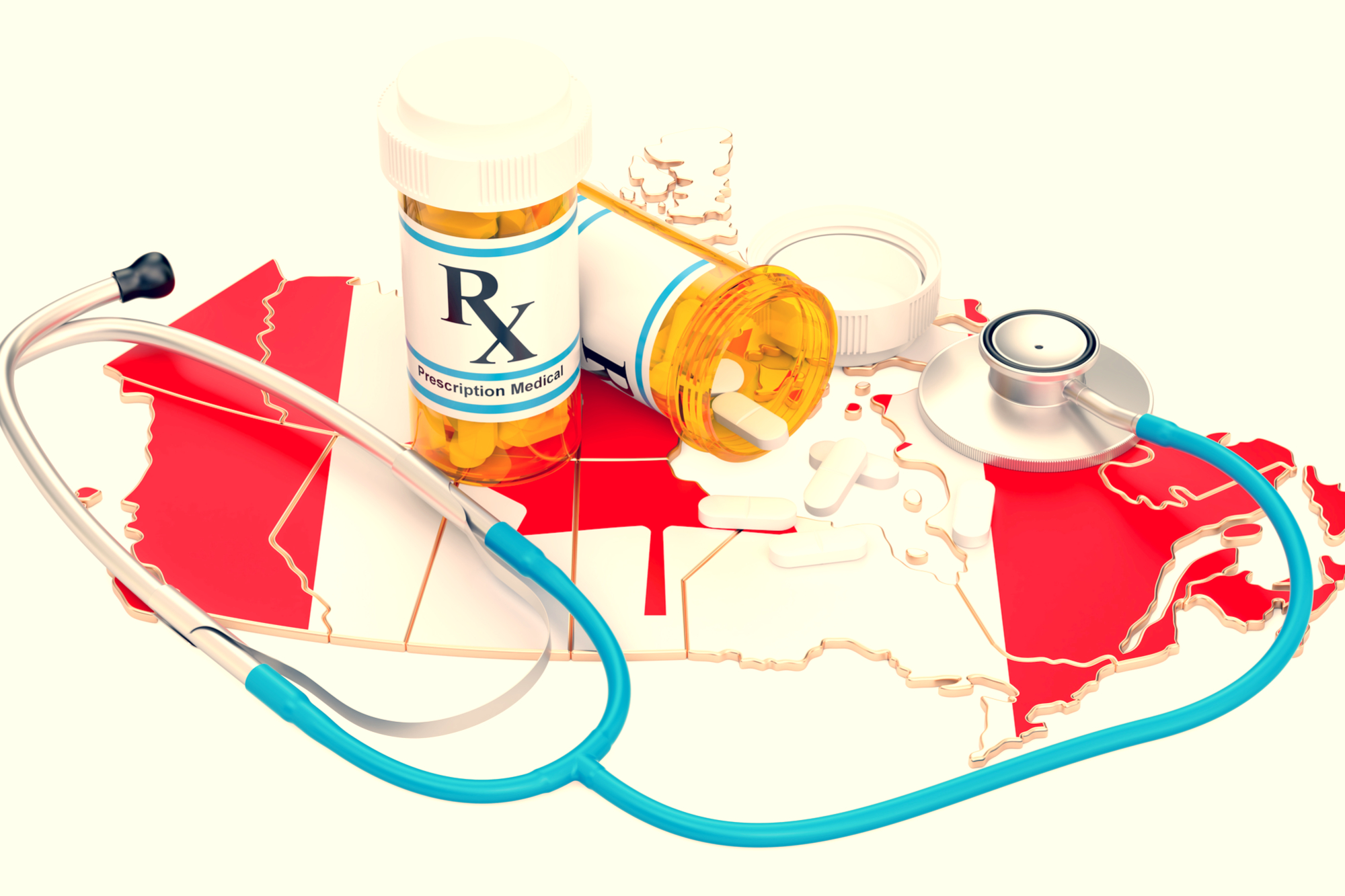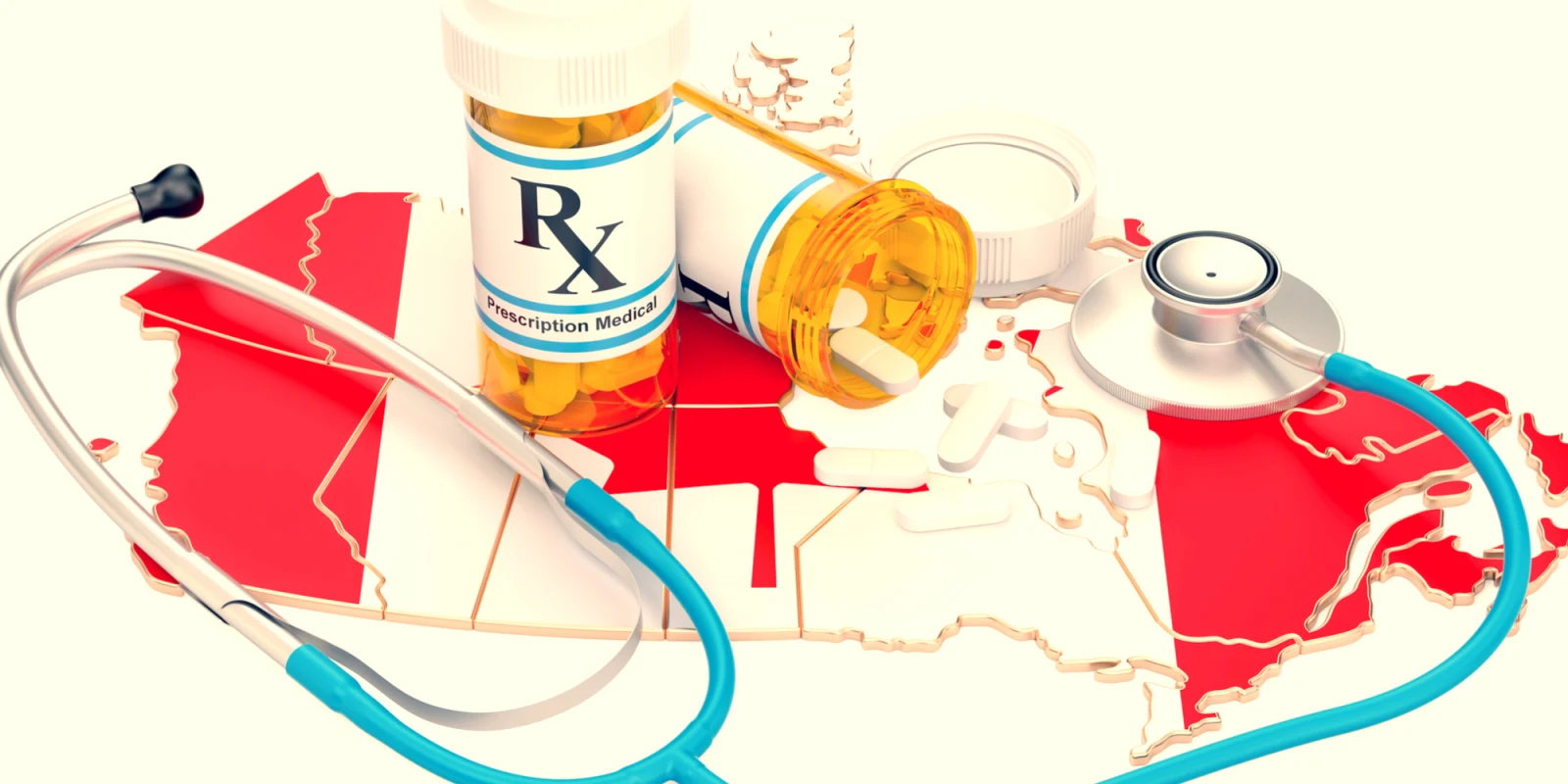
In January 2019, Senators Chuck Grassley (R-IA) and Amy Klobuchar (D-MN) introduced the Safe and Affordable Drugs from Canada Act of 2019. The bill promised one of medicine’s Holy Grails: cheap medicines. The bill’s supporters include cosponsors from both sides of the aisle, as well as, potentially, President Trump, who voiced support for a near identical proposal from Florida at a White House event on May 6, 2019.
Notwithstanding its advocates, however, the Act has drawn criticism from a number of prominent figures, including Alex Azar (Trump’s Secretary of Health and Human Services) and influential senator, Lamar Alexander (R-TN). Alexander noted that Americans “count on the FDA’s gold standard of approval [that their prescriptions are safe],” which the Act would circumvent.
As of now, the bill (and its companion, H.R. 478) is stalled in the first stage of the legislative process — and unlikely to progress given that its been referred to the Committee on Health, Education, Labor, and Pensions, which Alexander chairs.
But politics aside, the question remains: Is importing drugs from Canada a good idea? Doximity sat down with Peter Pitts, the FDA’s former Associate Commissioner for External Relations, and founder and President of the Center for Medicine in the Public Interest, to talk about drugs, politics, and America’s health care woes.
Wynter Miller: According to its advocates, the aim of proposals like the Safe and Affordable Drugs Act is to enable Americans to purchase cheap medicines from Canada for their own personal use. That sounds great — what’s the catch?
Peter Pitts: It is 100 percent a political move, a simple solution to a complex problem. There are three points I would make.
First, ninety percent of prescriptions in America are for generic drugs, which are less expensive in the U.S. than they are in Canada. Anybody taking generic drugs is already paying less than they would at a pharmacy counter in Toronto. For patients taking drugs under patent, copays are less expensive than the list price in Canada. We’re not comparing apples to apples.
Studies conducted by the FDA support Pitt’s claims about U.S. versus Canadian drug price comparisons. In 2017, FDA analysts found that of the seven biggest-selling generic prescription drugs for chronic conditions, six were available for a lower price as U.S. generics than name-brand versions in Canada. Five of the U.S. generics were cheaper than the Canadian generics; one U.S. generic was not available as a generic in Canada (and the Canadian name-brand version was 5X the price).
WM: Just to clarify, are you saying that the Affordable Drugs proposal would only benefit people who need patented drugs and are not paying copays (i.e., people without insurance)?
PP: No. People without insurance who need prescription drugs are the people you hear about taking bus trips to Canada, although bus trips to Canada have all but faded into oblivion. The point I’m trying to make is: if you drive to Toronto and go to a pharmacy, the drugs are absolutely safe. Health Canada [the Canadian equivalent of the FDA] is a world-class organization. But if you go the wholesale route, all bets are off. It’s a bargain that’s too expensive.
Pitts went on to make his second point: the drugs Americans would gain access to under the Safe and Affordable Drugs Act are not the same drugs that Canadians purchase from Canadian pharmacies. Rather, Americans would be getting access to drugs that come through Canada but originate in other places. Indeed, a striking number of “Canadian” drugs are imported from less developed and less regulated countries.
PP: Study after study shows that third-party countries supply the wholesale market in Canada. And Health Canada has repeatedly said that it does not guarantee the quality or safety of drugs purchased wholesale. The drugs that are coming through Canada are not legal for sale in Canada.
In 2005, an FDA press release announced that one of its operations had uncovered that 85 percent of drugs purchased wholesale online from so-called “Canadian” pharmacies were actually manufactured in 27 different countries. The operation was called, appropriately, Operation Bait and Switch.
As his final point, Mr. Pitts noted even if Canadian medicines were truly Canadian — and more importantly, safe — the Canadian supply would not meet the U.S. demand.
PP: A country of 30 million people cannot supply a country of 330 million people. The math is upside down.
Interestingly, in a recent Hill article, Rachel Sachs, a drug pricing expert at Washington University in St. Louis, made a similar point with respect to the aforementioned Florida proposal; she said it was possible that “there simply might not be enough Canadian drugs to adequately serve a state as big as Florida.” For comparison, Florida’s population (roughly 22 million) is a lot less than 330 million.
WM: I think there’s a sense, on the part of many Americans, that there exists a place somewhere abroad where medications are safe, affordable, and accessible. In fact, one of the things that Grassley and Klobuchar highlighted in their introduction of the Safe and Affordable Drugs from Canada Act was that “our neighbors in Canada pay about half as much for their medications.” Do you think it’s true that Americans are paying too much for their drugs?
PP: It’s interesting. A recent Kaiser health poll asked Americans, “Do you think Medicare-for-all is a good idea”? Americans said “Yes!” But then they asked, “Do you support Medicare-for-all if it means your taxes will go up?” Americans said “No!”
The poll Pitts refers to was conducted by the Kaiser Family Foundation in January 2019. It showed that 56 percent of Americans favor a national health plan (sometimes called Medicare-for-all) … but 60 percent would oppose the same plan if it required “most Americans to pay more in taxes.”
PP: Canadians pay less at the pharmacy, but they pay a lot more in taxes. The British health care system works in the same way.
WM: I’ve heard the argument made that while American drugs are more expensive, they are “worth the value.” Or, at least, that if we passed laws to lower drug profits, there would be undesirable effects. For instance, pharmaceuticals might become a less desirable industry for investors, and less investment in drugs would mean less research toward new and innovative cures. What do you think?
PP: I think pricing is an ecosystem. When you think about the price of a drug as the denominator[, you’re formulating the equation wrong, because] the denominator should be value, as defined by patient outcomes. And access is a question as well — how do you provide access to people with no or poor insurance? We need to seriously address these issues and I think the government is trying to do that now. … [But] it’s not an accident of nature that the overwhelming discovery of drugs happens in the United States. We reward innovation. And the rest of the world gets a free ride on the expenses that American pay. It’s not fair, but we don’t live in a perfect world.
Pitts went on to conclude, however, that under measures like the Safe and Affordable Drugs Act, it’s those in the lower income brackets — the uninsured — that would suffer.
PP: Lower income people should not have to take lower quality products.
At the end of our interview, I asked Mr. Pitts why politicians would propose a solution so obviously destined to fail.
PP: Politicians don’t want to hear that a solution will take time. That doesn’t fit into a soundbite. But there’s no magic wand solution.
WM: What is the one thing you hope medical providers will take away from this interview?
PP: When you sacrifice quality for price, it hurts patients. Doctors need to focus on the fact that a product that is not FDA quality is never a good idea.
Interview conducted May 17, 2019.
Image by AlexLMX / Shutterstock







